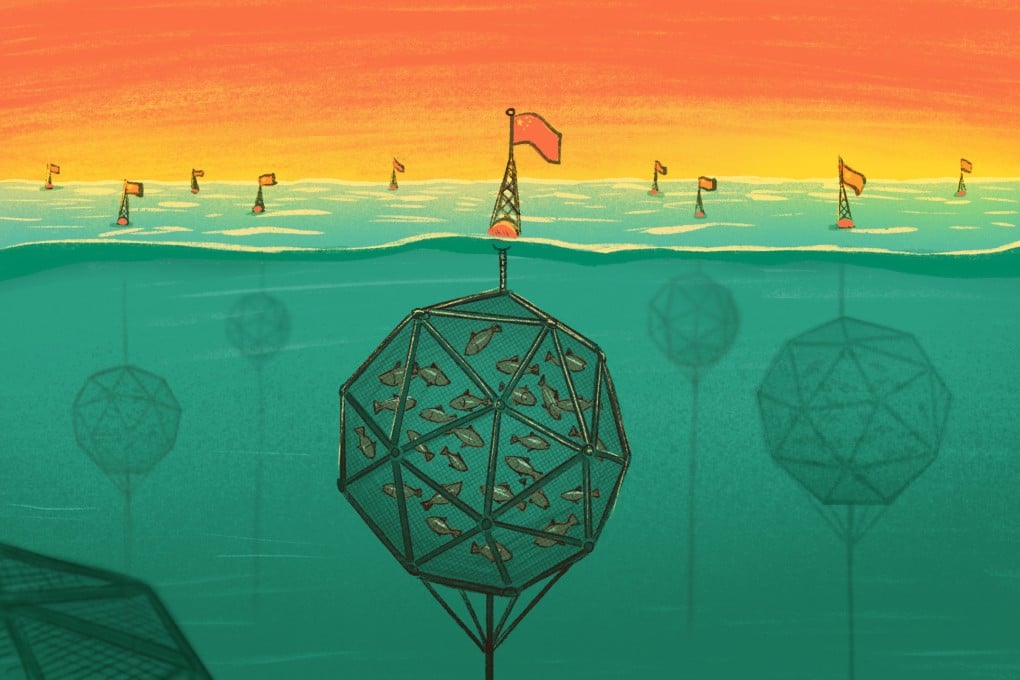Can China’s deep-sea fishing feed the people, or will it just bring back expensive fish?
- China sees distant-water mariculture as a sustainable source of protein, but critics question its cost-effectiveness and environmental impact
- President Xi Jinping has pushed for building a ‘blue granary’ as China asks the ocean for food, and water-farming endeavours are supported mostly by state capital

Being able to get protein from the ocean ultimately saved Tom Hanks’ marooned character from starvation in the movie Cast Away, even if he couldn’t save Wilson.
And, as China sees it, there’s a lot of ocean to go around, with its abundant marine life.
To that end, leadership is hoping that ocean-sourced food will play a more sustainable role in helping feed the nation’s 1.4 billion people at a time when global and domestic uncertainties have exposed and created new risks to ensuring a stable and sufficient food supply.
Following Xi’s repeated urgings to “ask not only the land but also the ocean for food”, China has doubled down on distant-water mariculture in recent years in the hope of building what Xi calls a “blue granary”. He last reiterated that sentiment on a trip to Guangdong province in April, according to provincial state media.